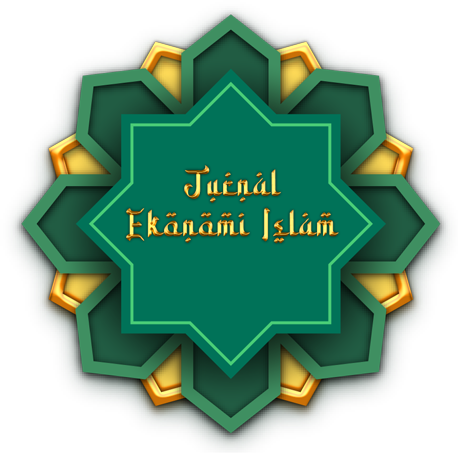Main Article Content
Abstract
In increasingly global development, the business climate is always growing. Likewise in the tourism business or the tourism industry. Halal tourism has emerged as a new concept in tourism. Halal tourism is tourism with a concept to facilitate Muslims to worship and avoid non-halal activities on their tour. However, halal tourism is not solely exclusive to Muslims but is open to all communities regardless of religious background. The concept is an opportunity, including Indonesia, which has a Muslim majority population. This study aimed to examine how the views of domestic tourists in Indonesia regarding halal tourism. The population in this study was the number of tourists traveling with pure tourism during the 2018 period of 130.008.566. While the samples of this study were taken by using the Slovin technique with a 5% margin error so that the sample in this study was 400 samples. The data collection technique was conducted by using primary data with written interviews with Indonesian residents who have traveled more than 2 times a year. The results of this study showed that most respondents representing domestic tourists in Indonesia gave positive responses related to the concept of halal tourism and the application of halal tourism in Indonesia. Tourists assume that halal tourism will not be an obstacle to national tourism. Moreover, this concept will be able to provide Muslim and non-Muslim comfort simultaneously.
Keywords: Halal Tourism, Indonesia
Article Details

This work is licensed under a Creative Commons Attribution-NonCommercial-ShareAlike 4.0 International License.
Authors who publish with this journal agree to the following terms:
Authors retain copyright and grant the journal right of first publication with the work simultaneously licensed under a Creative Commons Attribution License that allows others to share the work with an acknowledgement of the work's authorship and initial publication in this journal.
Authors are able to enter into separate, additional contractual arrangements for the non-exclusive distribution of the journal's published version of the work (e.g., post it to an institutional repository or publish it in a book), with an acknowledgement of its initial publication in this journal.
Authors are permitted and encouraged to post their work online (e.g., in institutional repositories or on their website) prior to and during the submission process, as it can lead to productive exchanges, as well as earlier and greater citation of published work (See The Effect of Open Access).
